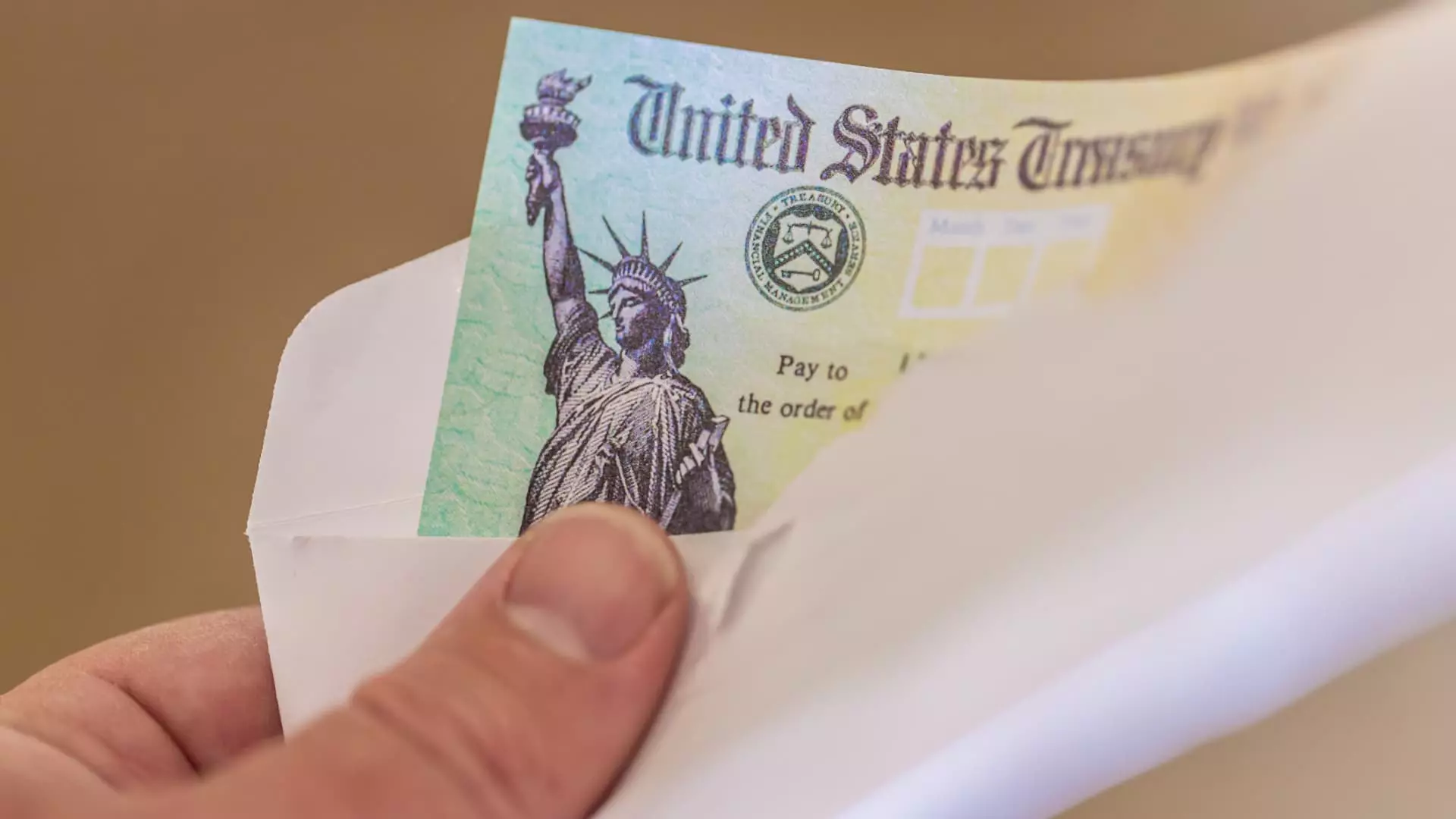With the April 15 deadline looming, the urgency surrounding the IRS stimulus check is palpable, yet many remain in the dark about how to claim what’s rightfully theirs. It’s baffling that we find ourselves a mere week away from the tax deadline, and still, a substantial number of Americans are unaware of the stimulus payments that could provide much-needed financial relief. As the remnants of the pandemic linger, access to these funds is not just a financial boost but a lifeline for many families navigating economic uncertainty.
The 2021 Payments: What Were You Really Owed?
The 2021 stimulus payments—up to $1,400 for individuals and $2,800 for couples—were not just numbers thrown around carelessly. For a family of four, it represented a potential $5,600 influx. Yet, the sticker shock of the current economic climate exacerbates the significance of these payments that could help alleviate some burdens. You would think that ensuring citizens receive what they are owed would be a top priority—but here we are, constantly navigating bureaucratic red tape that puts the onus on individuals rather than the system that should be facilitating easier access.
Don’t Miss Out: Understanding Recovery Rebate Credits
For those who have not yet received their funding, it’s critical to know about the recovery rebate credit embedded within the IRS tax system; otherwise, you’re passing up a chance that could significantly change your financial landscape. Filers can claim this credit when filing their 2021 federal return, with eligibility capped at $75,000 for singles and $150,000 for married couples. Once adjusted gross income surpasses $80,000 or $160,000 respectively, eligibility vanishes into thin air. The irony is hard to overlook here: the government offers these credits while simultaneously creating barriers that limit access to those who may need it most.
Leverage Technology: Your IRS Online Account Is Key
In a digital age, it’s a travesty that many aren’t leveraging their IRS online accounts—a vital tool that can facilitate the search for information regarding your economic impact payments. Tax experts assert that logging in to your IRS account is the most effective way to check your payment status and confirm whether you filed your 2021 returns. Why are so many opting out of this straightforward method? It strikes me as a failure of communication from the IRS to effectively promote this pathway for accessing owed funds.
Voicing Concerns: The Untold Stories of Forgotten Payments
There’s a disturbing narrative that has emerged where many individuals report that they checked their accounts only to discover that the IRS had issued checks—yet they never materialized in their bank accounts. This dissonance raises alarm bells regarding the efficacy and reliability of the agency’s systems. Shouldn’t we demand transparency and accountability from government institutions whose primary role is to serve the populace? Not doing so perpetuates a system that leaves too many behind.
With the clock ticking, if you haven’t checked your eligibility for these substantial payments, it’s time to act—before these funds become just another “what could have been” in an already difficult economic landscape.

